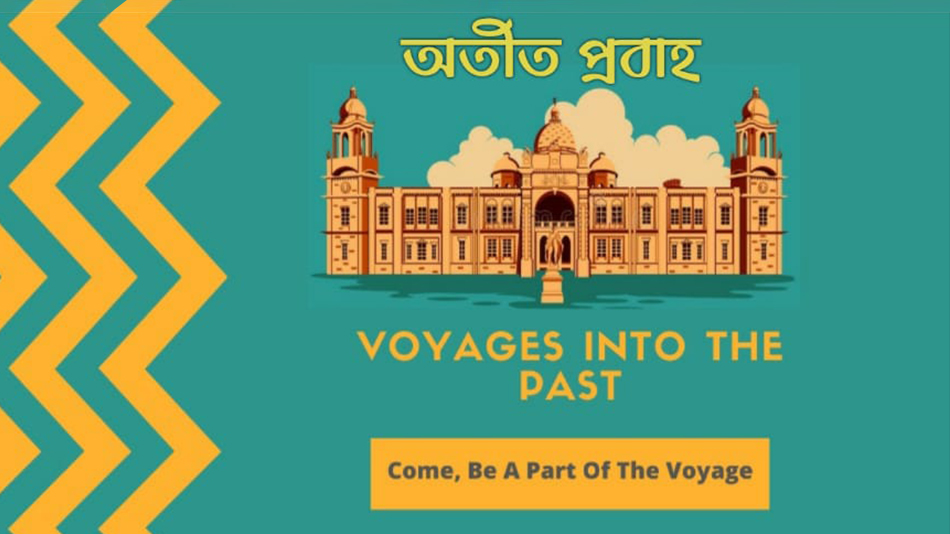Presidency University students’ multi-disciplinary platform looks back at history


With libraries and laboratories shut because of the Coronavirus, a group of undergraduate students of Presidency University thought of creating a virtual platform that would make up for the lack of access to physical storehouses of knowledge.
This gave birth to ‘Voyages Into The Past– অতীত প্রবাহ’ in July, a multi-disciplinary platform aimed at making quality knowledge accessible to all.
“The background of this initiative was the pandemic and the lockdown that followed. We wanted to provide a new path to knowledge, which would also combat the recent surge of mythification of history,” said Himadri Mukherjee, a second-year undergraduate student of history at Presidency University, and the founder of Voyages.
The YouTube channel of Voyages Into The Past has lectures on various topics in English and Bengali, by academicians from around the globe.
Besides lectures, Voyages Into The Past has a Facebook page, which has multiple posts on a plethora of topics. You can listen to the lectures by visiting their Facebook page. The blog publishes articles on various subjects, from Swami Vivekananda’s idea of caste to the enigma that Saadat Hasan Manto was.
Varied themes
Voyages Into The Past currently has around 24 lectures by academicians. A few of the topics include ‘Urbanisation in Early India (c.600 BCE-1300 CE)’ by former Jawaharlal Nehru University (JNU) professor Ranabir Chakravarti; ‘Epidemics in Indian History’ by Tirthankar Roy, professor at London School of Economics; ‘Art in Translation: Icons and Narratives Across the Indian Ocean’ by Delhi University professor Parul Pandya Dhar; and ‘Structures as Historical Documents: Understanding The Past through Architectural Remains’ by Aligarh Muslim University professor Syed Ali Nadeem Rezavi.
Worth a listen
Richard Eton, a professor at the University of Arizona, spoke on ‘How I Became a Historian’, tracing his journey from a philosophy graduate to working in Iran and travelling across South Asia in the early 60s, to landing a job as a history teacher in the US and going on to become a biographer.
Harbans Mukhia, former JNU professor, spoke on ‘The Past, Present and Future of Ancient, Medieval and Modern in History’, while Amit Dey, professor at University of Calcutta, delivered a speech on Sufism in India.
Mukhia’s lecture explores how the tripartite division of history into ancient, medieval and modern originated in the 18th century.
Dey’s address is an enriching journey along the origins, development and history of Sufism in South Asia and its difference from West Asian Sufism. He also focused on how Sufi institutions (khanqahs) contributed to the syncretic culture of South Asia like the development of regional literature and bridging the divide between different religions in South Asia.
Roadmap for Voyages
Voyages Into The Past has now grown into an inter-institutional venture, which includes students from the English, political science and history departments of Presidency University, Jadavpur University, Aliah University, Chandernagore College and Serampore College. They also aspire to develop Voyages Into The Past into a platform for research scholars to put forth their views.
(Sayan Lodh is a first-year postgraduate student of history at Presidency University)